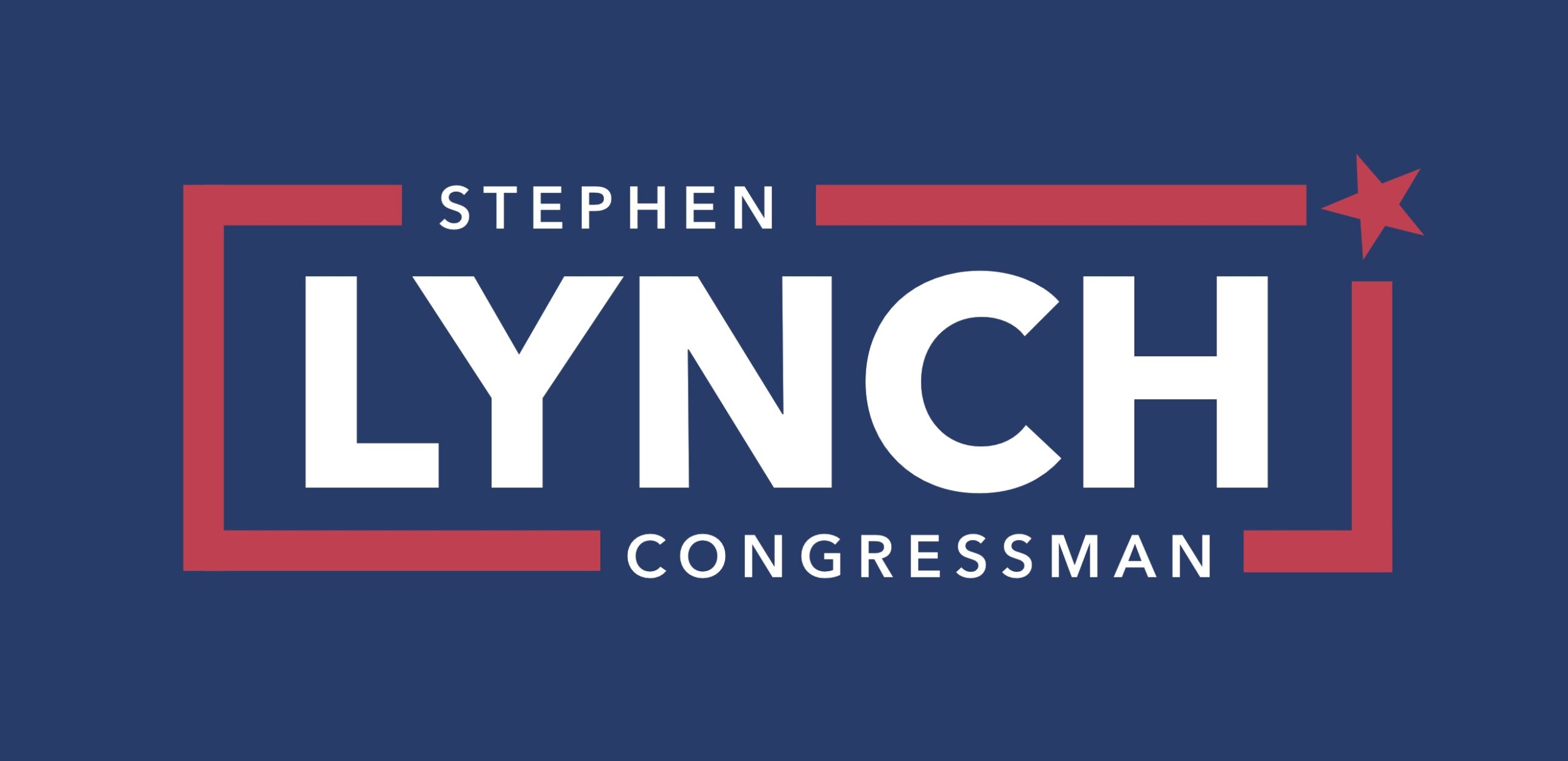Chris Lisinski and Michael P. Norton
State House News Service
iting emergency shutdowns and recent admissions from federal regulators, U.S. Rep. Stephen Lynch is trying to revive efforts to close a natural gas compressor station in Weymouth.
Lynch on Wednesday called on the Pipeline and Hazardous Materials Safety Administration to “immediately terminate operation” of the station, citing environmental and public health concerns that opponents of the project have expressed for years and pointing to recent shutdowns of the station and new acknowledgements from federal energy infrastructure officials.
“Regrettably, recent emergency events at the Weymouth Compressor Station have more than validated the health and safety concerns that South Shore residents, community safety groups, nonprofit organizations, and local, state and federal officials have expressed for nearly seven years,” Lynch wrote in a letter to Pipeline and Hazardous Materials Safety Administration Deputy Administrator Tristan Brown. “Between 2020 and 2021, the Weymouth Compressor Station experienced four unplanned emergency shutdowns and multiple blowdown events necessitating the release of natural gas into the atmosphere – all amid the global COVID-19 pandemic.”
The Federal Energy Regulatory Commission last month declined to revoke the certificate it issued to energy giant Enbridge, although Chairman Richard Glicksaid the office previously “erred” in siting the facility near environmental justice communities and “inadequately assessed” its likely impacts on the densely populated area.
Lynch cited Glick’s call for the Pipeline and Hazardous Materials Safety Administration to “keep a watchful eye on the facility and use the full extent of its jurisdiction to protect the residents of Weymouth.”
“To this end, I strongly urge your agency to fully exercise its regulatory enforcement authority and immediately terminate operation of the Weymouth Compressor Station,” Lynch wrote, citing a section of regulations that he said would empower the federal agency to intervene in cases of an “imminent hazard.”
During a GBH radio appearance last week, Gov. Charlie Baker said the state had instituted an air monitoring system near the site.
“We went beyond what the federal government was requiring through that review process and in the end the feds basically said nobody did anything that they can step back from,” Baker said.
Project opponents had appealed for state agencies under Baker’s oversight to deny project permits, but Enbridge was able to move forward with its project once it had its required state and federal clearances.

Recent Comments